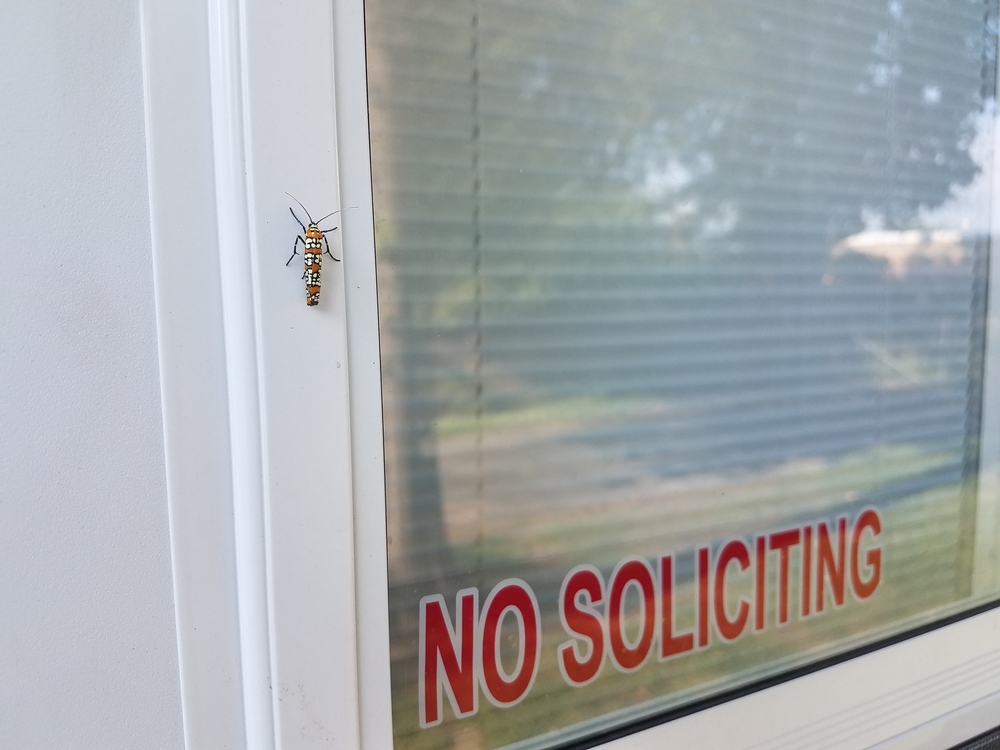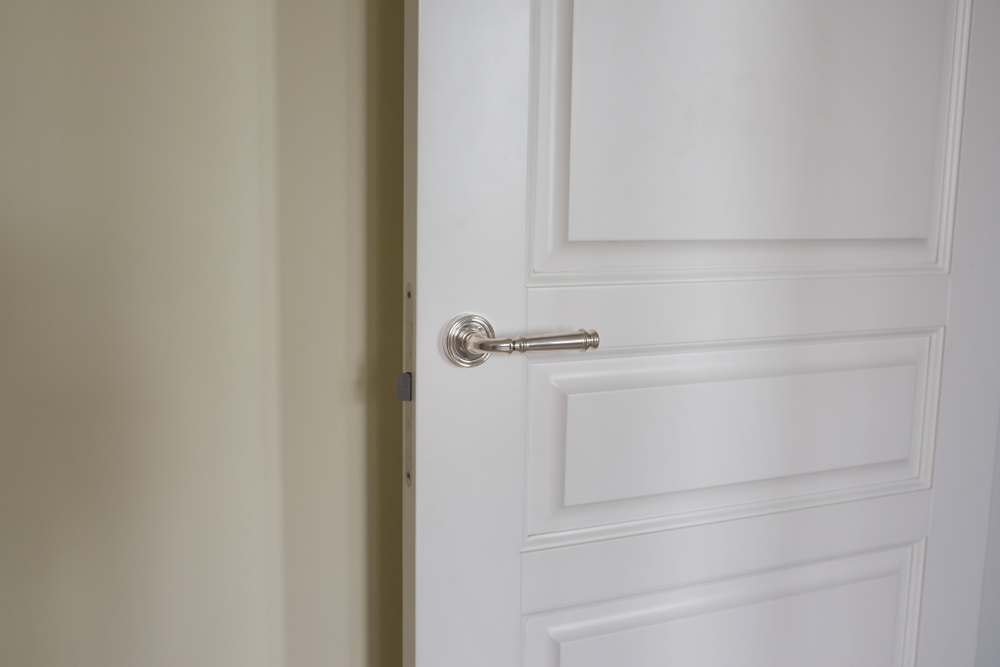Door knocking can still be an effective approach in various fields such as real estate, political campaigns, and local business promotions, despite the rise of digital marketing. The success of door knocking depends significantly on the timing of your visits. The best time of day to door knock typically revolves around when people are most likely to be home and available to engage in a conversation.
Here are some general guidelines on the best time of day to door knock…
Weekdays
- Late Afternoon to Early Evening – 4:00 PM to 7:00 PM is often cited as the best time window on weekdays. Most people have returned home from work but have not yet settled in for the night. This timeframe avoids the early morning rush and late evening when people are less inclined to answer the door.
Weekends
- Mid-Morning to Early Afternoon – Between 10:00 AM and 2:00 PM can be effective on weekends. People tend to wake up later on weekends and may spend the morning relaxing or doing chores. Knocking during this window can catch them before they leave for afternoon or evening plans.
Considerations
- Avoid Meal Times – Try to avoid the typical meal times, such as lunch (around 12:00 PM to 1:00 PM) and dinner (around 6:00 PM to 7:30 PM), as people may be less willing to answer the door.
- Local Norms and Regulations – Be mindful of local customs, norms, and any regulations or laws regarding door-to-door solicitation. Some areas may have specific rules about when and if you can knock on doors.
- Community Patterns – Observe the patterns in the specific community you plan to visit. Some neighborhoods may have residents who primarily work night shifts, for example, which would adjust the optimal times for door knocking.
- Seasonal Adjustments – Consider making adjustments based on the season. Daylight hours, weather conditions, and cultural or community events can all influence when the best times for door knocking might be.
Respect and Flexibility
While these times can serve as a general guideline, always approach door knocking with respect for people’s privacy and readiness to adjust based on the responses you receive. Being polite, respectful, and understanding if someone is not interested or available to talk is critical. Gauging the receptiveness of different neighborhoods and adjusting your strategy accordingly can enhance the effectiveness of your door-knocking efforts.





